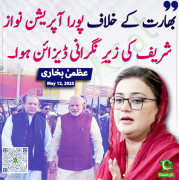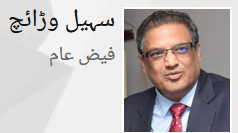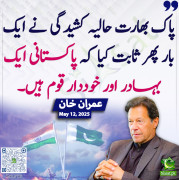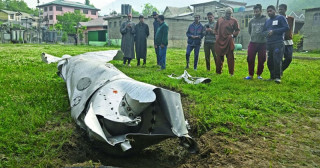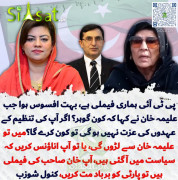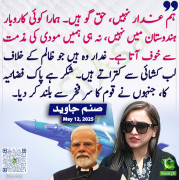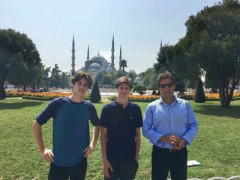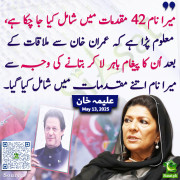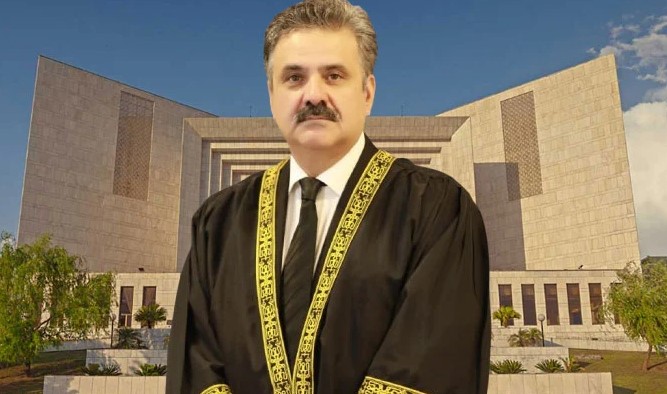http://www.aljazeera.com/indepth/2013/11/africans-decry-discrimination-india-201311139485418912.html
Ties between India and Nigeria have hit a new low in the aftermath of the recent murder of a Nigerian in the western Indian state of Goa. http://www.aljazeera.com/indepth/2013/11/africans-decry-discrimination-india-201311139485418912.html
The killing led to angry demonstrations by other Nigerian nationals in the state, besides triggering an ugly spat between Indian politicians and Nigerian envoys in the country.
Several senior Goa politicians have described Nigerians in unsavoury terms.
Goa's Art and Culture Minister Dayanand Mandrekar claimed Nigerians were a "cancer", while parliamentarian Shantaram Naik accused them of indulging in drug trade.
With xenophobia sweeping parts of Goa, signs saying "No to Nigerians, No to Drugs" have sprung up in several neighbourhoods.
Following the murder and the subsequent arson, the authorities in Goa have embarked on a drive to detect and deport Nigerians living without valid visas.
The drive has angered Nigerian embassy officials in New Delhi and evoked angry response.
"There are only 50,000 Nigerians living in India, but there are over a million Indians living in Nigeria.Thousands of Indians living there will be thrown out on the streets if the forcible eviction of Nigerians in Goa does not stop," Jacob Nwadibia, an administrative attach of the Nigerian high commission in New Delhi, said.
The incidents have turned the spotlight on the African community in India - Nigerians included - many of whom say they face discrimination and harassment on a daily basis.
They say the phenomenon is not confined just to Goa, but extends to even other major Indian cities.
Wandoh Timothy, 44, from Chad, came face to face with the hatred on the streets of the southern city of Bangalore a few months ago.
Living in India for the past 10 years and married to an Indian, he had got into an argument with two bike riders while on his way to pick up his three-year-old daughter Sya from school.
A mob joined the two riders and assaulted Timothy in full public view. "It was three in the afternoon, and though I am known in the area, no one came to my rescue," Timothy says.
His compatriots say racism towards Africans in India is a daily routine. If not physical assaults, most of them have had to endure attitudes ranging from curiosity to irrational phobia to being treated unfairly.
"My first day in college, I felt like a tourist attraction. It actually took many students a few days to even come up and talk to me,' Fred Kigozi, 25, from Uganda says.
Africans can even inspire reactions such as children running away, women shutting their doors and people staring hard. "It can be very funny sometimes."
Speaking to Al Jazeera, N Mahesh, inspector of police at Yelahanka New Town in Bangalore, said: "The population of Africans in Yelahanka has been growing for the last seven-eight years. There is no discrimination on the basis of race or colour when it comes to African students.
"Whether it is the traffic police or the police, we only take action when they have genuinely violated laws.
"The problem is the vast cultural difference. Africans students tend to be more boisterous, they move around even in the night and like to party. This is perhaps not agreeable with the Indian crowd.
"We have had no law and order problem with the African students. Whenever there has been any misunderstanding with local residents, we first speak to the students who always comply with our advice. I have not found them to be uncooperative."
'Unfair treatment'
As students from African nations like Kenya, Ivory Coast, Ghana, Nigeria, Tanzania, Uganda and Sudan flock to India for pursuing higher studies, stories of being treated unfairly multiply.
Lesm Sosthene, a member of the Association of Ivory Coast students in India, says each academic year brings more disenchanted students.
Agents use airbrushed brochures and deceptive presentations to lure youngsters to various spurious institutions particularly offering courses in information technology.
They shell out a lot of money on flight tickets and college fees to find that many of the colleges are not recognised, do not possess the agreed infrastructure and sometimes do not even offer the courses promised, he says.
Attempts to change a course or college or intimating authorities begins an endless chain of extortion and intimidation. Students are sent back to Africa to change visas, a process they can't afford.
"The decisions are never in favour of the students," he points out.
parts of India."
Aisha Kamira, 22, says a landlady turned her away despite saying she liked her as she was not willing to rent out her apartment to an African.
"Pesky neighbours complain about noise even when just two friends drop in and we're talking behind closed doors," complains Aisha.
Ola Adeboye, a New Delhi-based exporter of Indian garments to Nigeria, says Africans suffer for being stereotyped as trouble-makers and drug traffickers.
This stereotype is then used to exploit and not take their issues seriously.
"The police are always mixing matters. It is not easy for an African to even be heard when one goes to the authorities," Adeboye laments.
Mathew Philip, executive director of the South India Cell for Human Rights Education and Monitoring, concurs, saying non-white foreigners do face discrimination.
"The rights of every one living in India and not just Indian citizens need to be protected," he says.
"Even racially coloured comments are a serious violation and should not be treated trivially."
Meanwhile, months after being assaulted, Timothy is left to nurse his wounds and come to terms with the harsh reality in India alone. His assailants have been set free - released on bail.
There is a touch of melancholy when he points that India has been less than warm in welcoming Africans, compared to the manner Africans have embraced Indians among them in their own continent.
"Africans are familiar with Indians due to the huge diaspora in most parts of Africa. It's only now that Africans are coming here and I feel they are not prepared for us."





